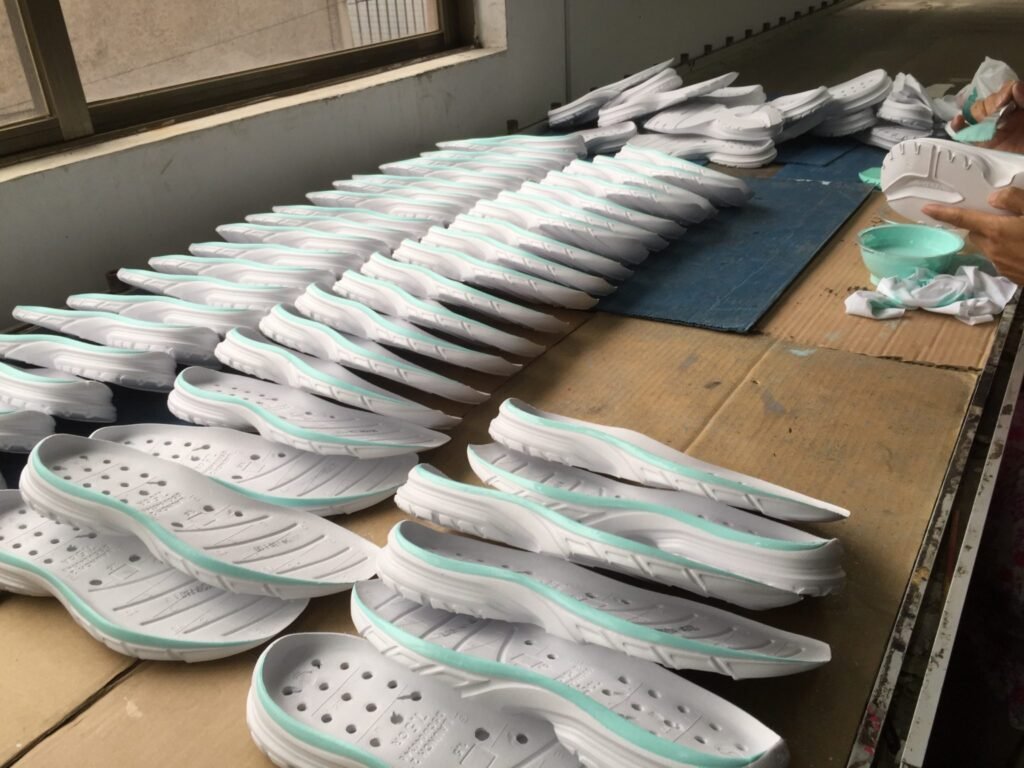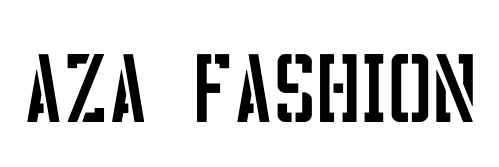An OEM Shoe supplier Guide to Building Long-Term, Reliable Partnerships
When it comes to running a successful shoe business—whether you’re launching your own brand or expanding your retail offerings—choosing the right shoe supplier can make or break your operation. From product quality and lead time to customization and low MOQ (Minimum Order Quantity), your supplier should be more than just a vendor. They should be a strategic partner.
As a professional ODM OEM shoe manufacturer, we’ve helped hundreds of global brands scale their businesses by providing high-quality, on-trend footwear at competitive prices. In this guide, we’ll walk you through the key factors to consider when selecting a shoe supplier, with insider insights from the manufacturing side of the industry.
Our YouTube Channel: https://www.youtube.com/@shoesfactoryshow
1. Define Your Business Needs First
Before diving into supplier directories or contacting factories, clarify what you need:
- Are you looking for private label shoes or full customization?
- Do you need small MOQ for startup testing, or high-volume production?
- What types of shoes are you sourcing? (e.g., men’s dress shoes, women’s sneakers, kids’ footwear, sustainable shoes, etc.)
Understanding your own needs will narrow your options and save you time.
2. Look for a Supplier with Vertical Integration
Working with a vertically integrated manufacturer (like us) means that the design, development, sampling, cutting, stitching, assembling, and quality inspection are all done in-house. This ensures:
- Better quality control
- Faster lead times
- Cost efficiency
- IP protection (your designs stay confidential)
Tip: Ask if the supplier owns or controls their factory. Avoid middlemen to prevent miscommunication and inflated costs.

3. Evaluate Product Quality and Material Sourcing
High-quality shoes start with high-quality materials and craftsmanship. A professional supplier should:
- Offer material options (genuine leather, vegan leather, mesh, rubber, EVA, etc.)
- Provide sample pairs for quality checks
- Have experience with international quality standards (e.g., REACH, CPSIA)
We recommend asking for material certifications, factory inspection reports, and a portfolio of previously made styles.
4. Check Customization Capabilities
If you’re building a unique brand, your supplier should support:
- Custom shoe design (OEM/ODM service)
- Logo printing or embossing
- Customized packaging
- Flexible size grading and last development
An experienced factory will also provide technical advice during development to help optimize comfort, cost, and production efficiency.
5. Assess Communication and Support
Strong communication is critical to successful production. Look for a supplier that offers:
- Dedicated account manager or merchandiser
- Fluent English (or your preferred language)
- Clear timelines and updates throughout the process
At our factory, we assign a project manager to each client, ensuring real-time updates, proactive problem solving, and post-shipment support.
6. Review Minimum Order Quantities (MOQs)
MOQ is a big factor, especially for small or growing brands. Some factories only accept 1,000+ pairs per style, while others (like us) offer low MOQs starting from 100–300 pairs.
Discuss your expected order volume early. A good supplier should be flexible and supportive of your growth.
7. Request Samples and Factory Visits (Virtual or Onsite)
Seeing is believing. Before placing a bulk order:
- Request samples of existing or custom designs
- Ask for a virtual factory tour (many professional suppliers offer this)
- If possible, arrange an onsite visit to inspect the facilities and meet the team
This builds trust and gives you confidence in the supplier’s capabilities.
8. Understand the Production Timeline
Ask your supplier for a detailed production schedule, which should include:
- Sample development: usually 7–14 days
- Bulk production: generally 30–45 days
- Shipping and delivery: depends on location and method
Factories with efficient processes and in-house production tend to deliver faster and with fewer delays.
9. Consider Ethical and Sustainable Practices
More brands—and consumers—are placing value on ethical sourcing and sustainability. Ask if the supplier:
- Complies with local labor laws
- Uses eco-friendly materials or processes
- Offers recyclable or biodegradable packaging
As a factory, we’re constantly investing in green manufacturing, offering sustainable shoe options and reducing waste in our production lines.
10. Check Client Reviews and Long-Term Partnerships
Lastly, check if the supplier has:
- Verified business licenses
- References from past or current clients
- Long-term collaboration cases with brands in your market
A reliable supplier isn’t just looking for one-time orders—they invest in long-term business relationships built on trust and transparency.
Final Thoughts: An OEM Shoe Factory’s Perspective
Choosing the right shoe supplier is not just about finding the lowest price. It’s about finding a partner who understands your goals, supports your growth, and delivers consistent quality.
At our factory, we offer:
- Full OEM & ODM services
- Customization with low MOQ
- Fast sampling & production
- Global shipping support
- Dedicated project management
Whether you’re launching your first collection or scaling up a well-established brand, we’re here to help turn your vision into reality.
💬 Ready to Build Your Brand?
Contact our factory today to get a free consultation and quote on your next shoe project. Let’s build something great together.
OEM Shoe Manufacturer
Our YouTube Channel: https://www.youtube.com/@shoesfactoryshow
SEO Keywords (for metadata & tagging):
- shoe supplier
- OEM shoe manufacturer
- custom shoe factory
- how to choose a shoe supplier
- private label shoes
- low MOQ shoe manufacturer
- custom shoes manufacturer
- wholesale shoe factory
- ethical shoe suppliers
- B2B shoe sourcing
